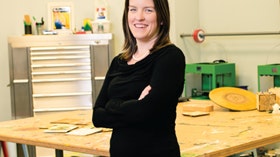Homepage
•
Learning Library
•
Blog
•
Technology meets the humanities in this tech specialist
Expand breadcrumbs
Expand breadcrumbs
- Learning Library
- Blog
- Technology meets the humanities in this tech specialist
- Homepage
- •
- Learning Library
- •
- Blog
- •
- Technology meets the humanities in this tech specialist
Technology meets the humanities in this tech specialist
By Nicole Krueger
December 19, 2018








